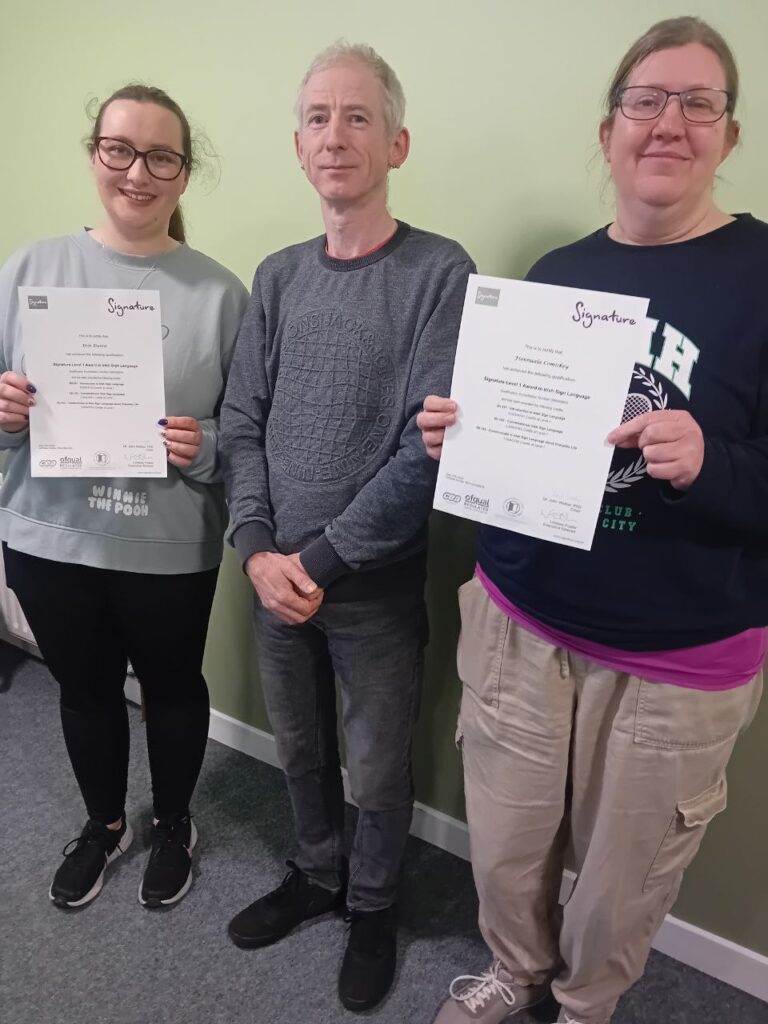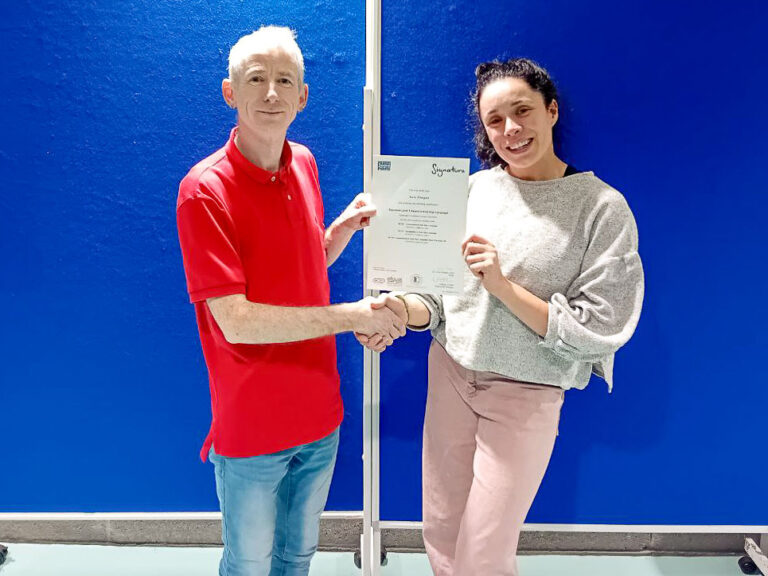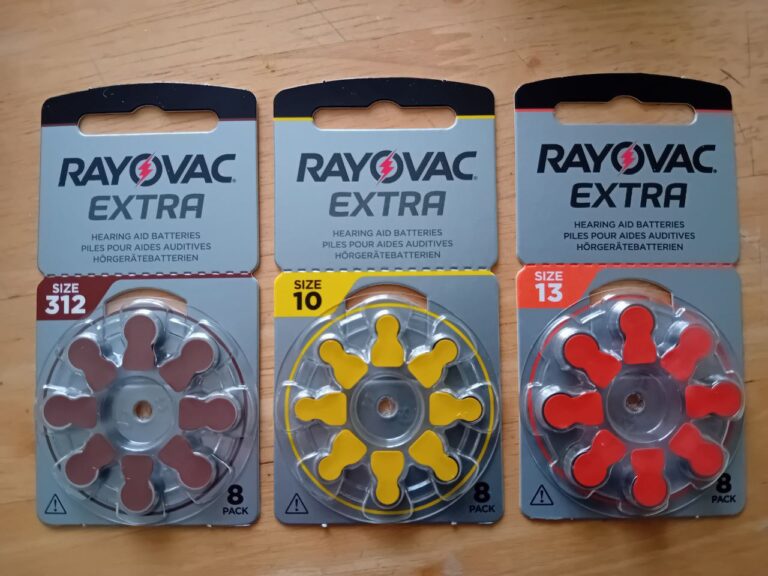UK Deaf Education
http://www.guardian.co.uk/commentisfree/2011/may/10/deaf-pupils-education-cuts
Deaf pupils will bear the brunt of education cuts
Continuing a policy of integration while cutting the number of teachers for the deaf will have a devastating knock-on effect
Properly trained teachers for the deaf are being cut by councils. Photograph: Brian Mitchell/Alamy
My school was staffed by experienced teachers of the deaf. Such was their expertise that we didn’t even notice it – they were just teachers to us, the way teachers in mainstream schools are just teachers to their pupils.
What we did notice was how clueless new teachers or subs covering maternity leave were when they first arrived at the school. They spoke as they wrote on the board much to our amusement – did they not know we needed to lipread? They puzzled over how to work the microphones and group hearing aid systems each classroom had as we sat back and sniggered. They panicked when we signed to each other. They spoke too fast and lost their tempers as we ignored them, oblivious that we couldn’t understand them.
But working in a school full of ruthlessly honest students soon had them whipped into shape. Within a few months, they were changed teachers. Some went on to do a masters in deaf education and became even more competent. At this point, they became “just teachers”.
What is it that marks a teacher for the deaf out from other education staff? Quite simply, they understand that deaf children do not learn in the same way as hearing children do. They are equipped with the knowledge and resources to ensure that these students achieve the same educational attainment as their hearing peers. Research into the highest-achieving deaf students found that qualified teachers of the deaf played a significant contribution to the success of these students.
Already, the education system is failing deaf children with only 29% achieving five GCSEs at grade A* to C, compared to 51% of hearing ones. But deafness is not itself a learning disability – this scandalous shortfall is the result of an system that has consistently let down these students through lack of properly trained teachers, inspectors who understand what these teachers should be doing and adequate resources. At a time when education is the all-powerful key to getting on in life, the knock-on effect is unsurprisingly devastating – deaf people are four times more likely to be unemployed and those who are in work often find themselves in unsatisfying low-skilled jobs.
That’s why the recent swath of cuts – part of what seems like the ongoing onslaught on disabled people that will be driving them to the streets tomorrow in protest – has to be among the most gut-wrenching I have come across. Councils across the country have slashed their teachers of the deaf – in Stoke on Trent, five have been cut in the last two years leaving just two to cater for 70 students. During an age of austerity, Thurrock local authority’s refusal to replace a retiring teacher of the deaf, leaving just one remaining teacher for 90 children, might not seem that big a deal. But coming at a time when 85% of deaf children are in mainstream school, they become especially worrying. As Charlie Swinbourne’s article explains, it was his peripatetic teacher of the deaf’s input that allowed him “to get on with learning”.
For all their flaws, it would appear that specialist schools were at least places where deaf children were less exposed to prevailing economic circumstances. No doubt these schools will feel the pinch and some will lose teachers – but at least the remaining teachers can cobble together to plug the gap. Being surrounded by deaf peers, children need less individual support in this environment and can just get on with being schoolchildren.
But in a mainstream school, a child is going to feel the full brunt of the downturn when a teacher they already only see every couple of weeks for half an hour leaves and is not replaced. Who will they turn to when they struggle in school? Who can their parents, grappling in the dark, turn to for reassurance and guidance? Who will tell their everyday teachers how to include them in lessons and how to tackle bullying?
Those new teachers entering my school had a lot to learn before they could do their job, but they were surrounded by experienced staff. And being bait in a school full of cruel teenagers is surely an impetus to quickly acquire new skills. It is easy to think that just telling a teacher to speak clearly and make sure to face the student will plug the gap and that they can muddle through without the assistance of a peripatetic teacher dropping in once a week. It simply won’t, and we are looking at a generation of even more deaf students being let down by the education system.
It is a time when parents might very well whisk their children out of mainstream schools and enroll them in the safe harbour specialist schools might provide. Except this option is no longer available for many children. Since education policy changed in favour of integration in the 1970s, deaf schools have slowly but surely closed down all over the UK, leaving just a handful still open.
This truly has left deaf children and their parents between a rock and a hard place, their mainstream schools set to become even less accessible and no deaf school in which they can take refuge. If the government and educationalists insist on pursuing integration and taking the option of specialist schools away, it is absolutely imperative that they do not cut corners. Any pullback from such a guarantee is, in my book, an argument for a return to specialist schools.






